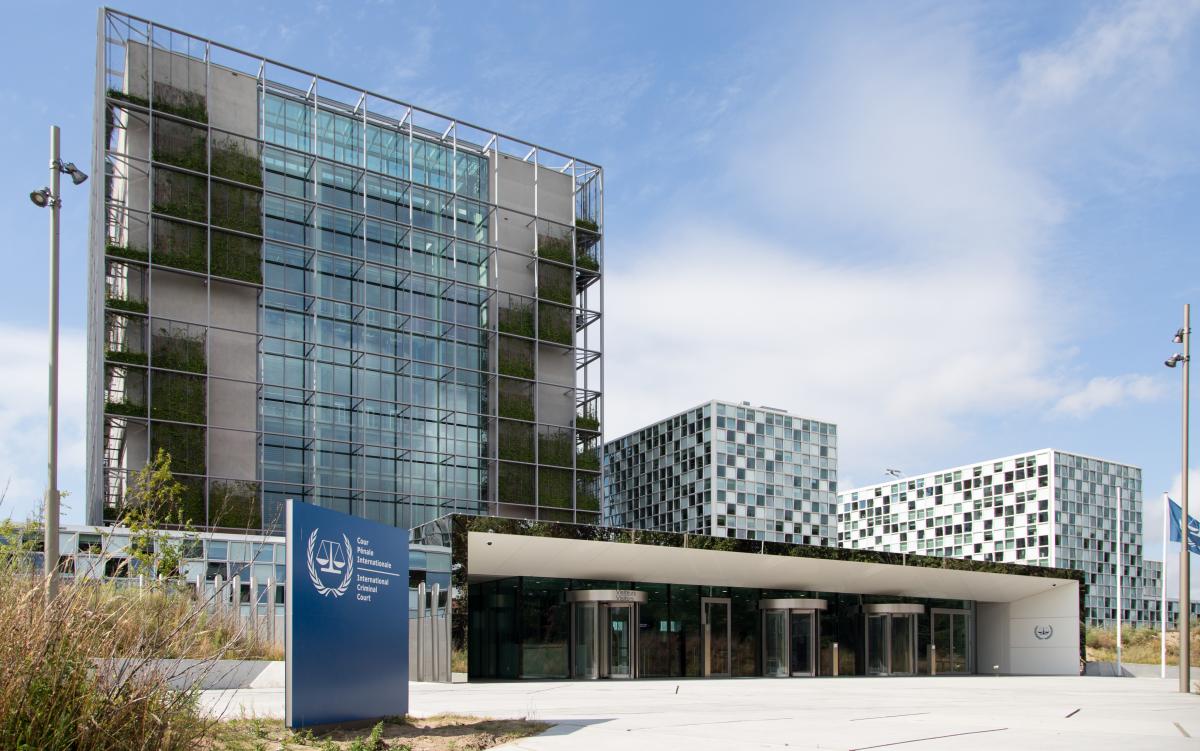
By Joyce Ann Rocamora | Philippine News Agency
Judges of the International Criminal Court (ICC) affirmed the court’s jurisdiction in the crime against humanity case against former President Rodrigo Duterte.
In a ruling dated Oct. 23, ICC Pre-Trial Chamber I Judges Iulia Antoanella Motoc, Reine Adélaïde Sophie Alapini-Gansou, and María del Socorro Flores Liera rejected the defense’s argument that the ICC cannot exercise jurisdiction over the case because the investigation into the war on drugs in the Philippines was only authorized in September 2021, two years after the country’s effective withdrawal from the Rome Statute.
“The jurisdictional regime set out in Part 2 of the Statute continues to apply to this case as if the Philippines were still a Party to the Statute, so as to ensure that, pursuant to article 127(2) of the Statute, the withdrawal of the Philippines from the Statute “shall not […] prejudice in any way the continued consideration of any matter which was already under consideration by the Court prior to the date on which the withdrawal became effective,” it read.
The judges ruled that no provision in the Statute imposes any time limit on the ICC’s ability to exercise jurisdiction over crimes committed during the period when the State was a party to the Statute.
They pointed out that Article 127(2) of the Rome Statute “makes specific provision for the Court to be able to exercise its jurisdiction if the matter concerned was already under consideration by the Court prior to the withdrawal of a State becoming effective.”
“Article 127(2) of the Statute thereby appropriately balances the right of a State to withdraw from the Statute and the risk of a State using its right to withdraw to shield persons from the jurisdiction of the Court,” the decision read.
It also finds that the prosecution’s preliminary examination—opened in February 2018 before the Philippines deposited its written notification of withdrawal from the Statute—is sufficient for the case to move forward.
Duterte’s camp earlier submitted that a “preliminary examination” is not a “matter under consideration,” saying it is not “a formal procedural phase” but rather one that is “internal, informal, and non-justiciable.”
The judges argued that the words “any matter” are broad and not limited to a specific phase of the proceedings, and that the preliminary examination falls within the phrase “any matter which was already under consideration.”
The ruling, meanwhile, does not address the Duterte camp’s motion to stop the proceedings on the basis that the former chief executive is unfit to stand trial. (PNA)
